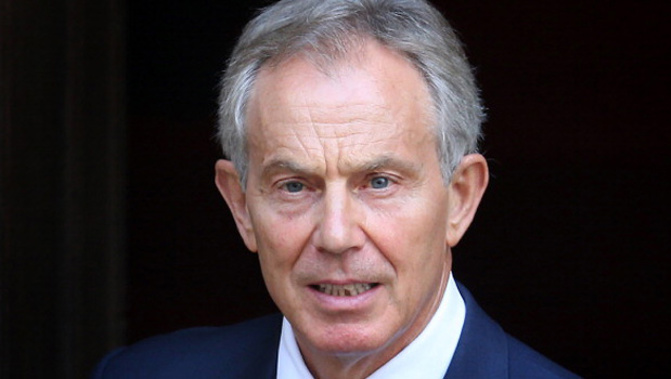
Tony Blair's policy on Iraq was made on the basis of "flawed intelligence" and the process for deciding the 2003 invasion was legal was "far from satisfactory", a long-awaited British report into the conflict has found.
The Iraq Inquiry, also known as the Chilcot Inquiry, found that Blair's government presented evidence about Saddam Hussein's weapons of mass destruction "with a certainty that was not justified" and troops were sent in before all peaceful options had been exhausted.
Presenting a summary of his inquiry's findings, Sir John Chilcot hit out at the "wholly inadequate" planning for the period after the fall of Saddam, which saw British troops involved in a prolonged and bloody occupation.
The former Whitehall mandarin was setting out the findings of his inquiry into the UK's most controversial military engagement since the end of World War II.
Although his inquiry did not express a view on whether the invasion was legal, Chilcot criticised the way in which Blair and his attorney general, Lord Goldsmith, had reached their decision on the legal basis.
Addressing the issue of Saddam's WMDs, which were used as the justification for the war, Chilcot said the Joint Intelligence Committee should have made clear to Blair the intelligence had not established "beyond doubt" that Iraq had either continued to produce chemical and biological weapons or was continuing with efforts to develop a nuclear bomb.
"It is now clear that policy on Iraq was made on the basis of flawed intelligence and assessments," Chilcot said. "They were not challenged, and they should have been."
Chilcot also indicated that, by acting without the majority support of the UN's Security Council for military action, the UK was "undermining" its authority.
KEY POINTS OF THE CHILCOT REPORT:
* The UK chose to join Iraq invasion before "peaceful options for disarmament had been exhausted"; "military action at that time was not a last resort"
* Saddam Hussein posed "no imminent threat" at the time
* No support for Tony Blair critics' claim that he agreed a deal "signed in blood" to topple Saddam with then US president George W. Bush in April 2002
* But in July 2002 Blair wrote to Bush: "I will be with you whatever."
* UK's decision to act despite no second UN resolution backing military action in March 2003 "undermined the Security Council's authority"
* Then attorney-general Lord Goldsmith's decision there was legal basis for UK involvement in the invasion was taken in a way which was "far from satisfactory"
* Blair's September 2002 Commons statement and dossier on Iraq's weapons of mass destruction made judgments that "were presented with a certainty that was not justified"
* The Labour government's policy on Iraq made on basis of "flawed intelligence and assessments" that should have been challenged
* Consequences of the invasion were "underestimated"; planning and preparation for after the overthrow of Saddam "wholly inadequate"
* Government's war preparations "failed to take into account the magnitude of the task of stabilising, administering and reconstructing Iraq"
* Problems following invasion, including internal fighting, Iranian influences, regional instability and al-Qaeda activity, were flagged as risks before invasion
* Whitehall mandarins and departmental ministers "failed to put their collective weight behind the task" of stabilising British parts of post-war Iraq
* Ministry of Defence slow to respond to threat of Improvised Explosive Devices to troops
* Delays in providing better-protected patrol vehicles "should not have been tolerated"
* It was "humiliating" that by 2007 British troops in Basra had to use prisoner exchanges to get militias to stop targeting them
Take your Radio, Podcasts and Music with you









